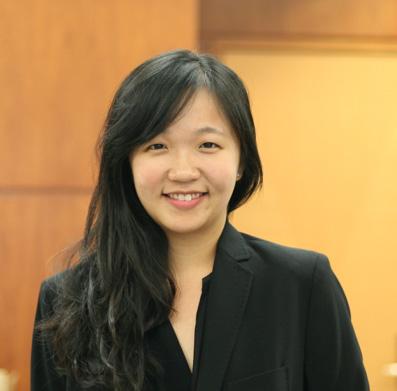Jessica Cheng proposal defense

PhD student Jessica Cheng will present her proposal defense, "Agreeing to Disagree: Applying a Logic Based Approach to Reconciling and Merging Multiple Taxonomies." Her committee members include Professor Bertram Ludäscher (chair and research director); Professor Allen Renear, Assistant Professor Karen Wickett; and Nico Franz, professor in the School of Life Sciences, Arizona State University.
Abstract: Taxonomies are Knowledge Organization Systems (KOS) that classify concepts into hierarchies via parent-child (is-a) relationships. While taxonomies are largely used in information systems as tools for a simple controlled vocabulary, a number of challenges need to be addressed to ensure a shared understanding of the taxonomies. Structurally or semantically, multiple taxonomies about the same topic can disagree with each other; and even one single taxonomy can disagree with itself over time. Moreover, taxonomies may contain latent assumptions or biases that are difficult to detect. To address the aforementioned issues, existing approaches sought to map between taxonomies and merge different taxonomies into a single, unified representation. However, merging taxonomies into a unified representation may not always be the most desirable, given that individual taxonomies may be gravely pruned and lost its original information. To mitigate interoperability issues brought forth by taxonomies, this dissertation explores the use of a logic-based approach to align taxonomies. Specifically, two taxonomies T1, T2 are inter-linked via a set of constraint-based input relations to yield merged solutions. The merged solution(s) can be (1) a unique merged taxonomy T3 that preserves both T1 and T2’s information; (2) an inconsistent result that suggests the constraints linking the taxonomies are “illogical”, i.e., contradictory; or (3) multiple merged solutions that present different possible ways (or possible worlds) in which T1 and T2 can be aligned.
The goals of this dissertation are three-fold: (1) to analyze and refine this logic-based taxonomy alignment approach; (2) to explore the applications of this approach in reconciling conflicting perspectives to different fields (i.e., geography, biodiversity informatics, and information sciences); and (3) to demonstrate how pluralistic viewpoints of taxonomies can coexist through approachable taxonomy alignment use cases